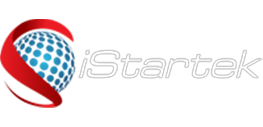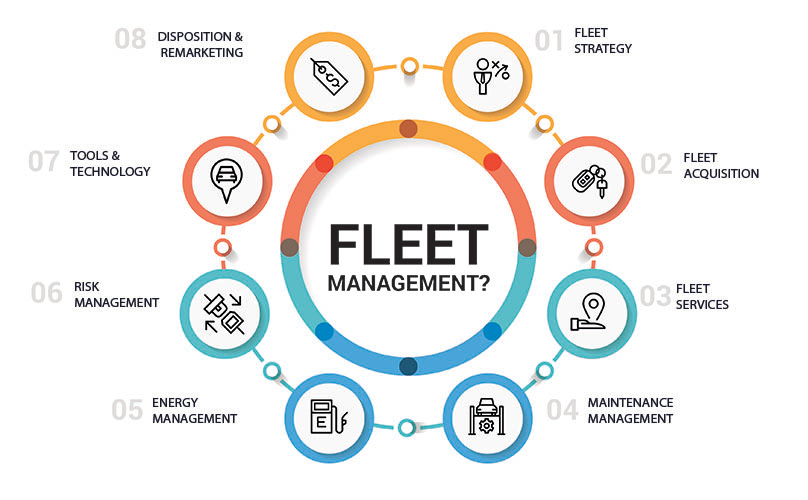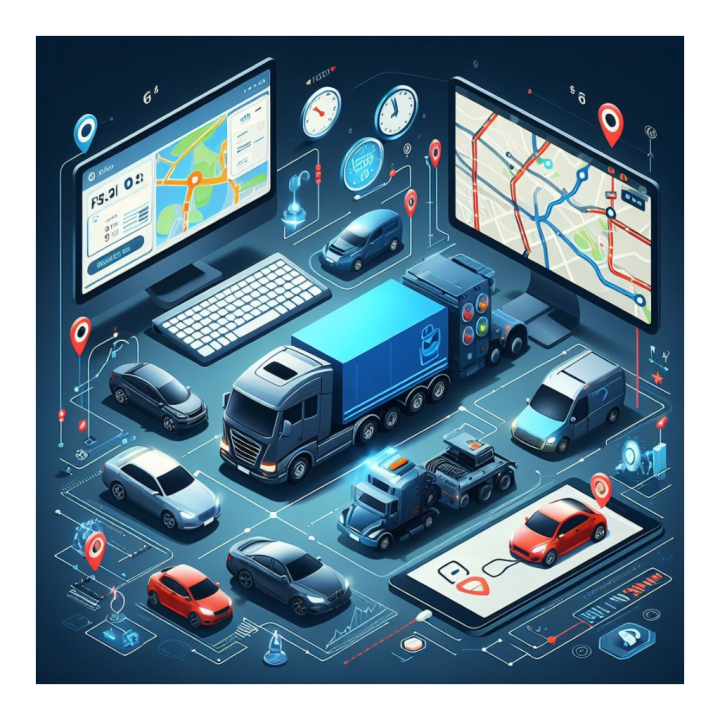
Dedicated to Provision of Long Term Stable Running IoT Devices
- mailbox
 [email protected]
[email protected] - phone
 +86-755-85241929
+86-755-85241929

Dedicated to Provision of Long Term Stable Running IoT Devices
 [email protected]
[email protected]  +86-755-85241929
+86-755-85241929 With rapid development of Global economy, companies are facing growing challenges everyday. GPS Software Platform Solutions plays an important role in improving efficiency, reducing cost and enhancing service. GPS technology is enabling companies to win in the fierce competition of market.
1.1 Real-time Tracking & Monitoring
Manual tracking and scheduling are no longer efficient or reliable in today’s business environment. GPS software platform allows companies to monitor and track objects such as vehicles, devices, and people in real time, providing precise data for smarter resource allocation. In the transportation and logistics sector, GPS platforms enable people to track vehicle’s location, route and speed, helping them to make the best decisions. This not only improves resource utilization but also reduces transportation costs.
1.2 Data Analysis
Besides real-time tracking, GPS platform also collect historical data and produce report accordingly. Companies can find out the problems from the reports and make a better plan to reduce cost and improve efficiency, for example, appointed vehicle is idle for a long time, the route is unreasonable and so on.
1.3 Predictive Maintenance
By combining GPS with IoT (Internet of Things) technology, companies can achieve the intelligent management of the devices and vehicles in real time. This combination enables predictive maintenance capabilities, where businesses can anticipate failures before they occur. Whether it’s monitoring vehicle fuel consumption, tire wear, or engine performance, GPS platform can alert companies to potential issues, reducing costly downtime and repair expenses while extending the life of their assets.

2.1 Logistics & Transportation: Efficient Deliveries, Cutting Costs
For logistics and transportation companies, the benefits of GPS software platforms are profound. Real-time tracking allows for more accurate delivery times, route optimization, and better fleet management. By providing real time vehicle location, companies can adjust routes in response to weather, traffic, or other delays, minimizing fuel costs and delivery delays. In addition, GPS technology can help ensure that goods are transported safely, with temperature and environmental monitoring for sensitive items.
2.2 Fleet Management: Improving the management of Driver and Vehicle
In the fleet management sector, GPS software platforms offer comprehensive tools for managing vehicles and drivers. Fleet managers can track vehicle locations, monitor driver behavior (e.g., speeding, harsh braking), and even analyze fuel consumption. This data can be used to improve driver training, promote safer driving practices, and reduce fuel consumption, ultimately lowering operational costs while enhancing safety and compliance.
2.3 Smart City Development: Enhancing Urban Efficiency
In the realm of smart city initiatives, GPS technology is a key enabler of better city planning and management. From real-time traffic monitoring to public transportation systems and waste management, GPS software platforms allow city authorities to gather data and make more informed decisions. For example, GPS-enabled traffic systems can adjust signal timing based on real-time traffic conditions, reducing congestion and improving overall flow. Similarly, public transportation systems can provide real-time updates to commuters, enhancing user satisfaction and reducing delays.
2.4 Shared Economy: Accurate Billing and Resource Allocation
GPS platforms also play a crucial role in the shared economy, including businesses like bike-sharing, car-sharing. These platforms use GPS to track the route, accurately bill customers based on distance traveled, and ensure the availability of assets like cars or bikes in the right locations. GPS data can also help optimize asset distribution, ensuring that vehicles or bikes are available where they are most needed, improving user experience and operational efficiency.

3.1 Improved Operational Efficiency & Cost Reduction
GPS software platforms help companies optimize their operations by providing real-time data, including reduction of resource wasting and unnecessary expenses. For example, transportation companies can cut down on fuel expenses and delivery cost by optimised routing and scheduling solutions.
3.2 Enhanced Customer Experience & Competitive Capability
Customer expectations are higher than ever, and companies are increasingly using GPS technology to improve their service quality. Real-time tracking of deliveries, vehicles, or service appointments provides customers with accurate, up-to-date information, improving transparency and trust. This enhanced customer experience not only boosts satisfaction but also helps businesses differentiate themselves in competitive markets, leading to stronger brand loyalty and increased sales.
3.3 Digital Transformation & Industry Leadership
Nowadays GPS software platform is not just a tool, it’s also a crucial step in a broader digital transformation strategy. As more industries embrace data-driven decision-making and automation, companies that integrate GPS technology into their operations position themselves as leaders in innovation. GPS platforms enable businesses to move from traditional management systems to smarter ones, keeping them ahead of the competition in a rapidly changing market.
From logistics to smart cities and the shared economy, GPS software platform is revolutionizing industries across the board. With the continuous progress of technology, the potential and value of GPS software platforms will become more and more prominent, becoming an important aid for companies to enhance competitiveness and promote innovation. Companies should follow this trend and and actively embrace GPS software platforms to drive continuous business development and innovation in the future.